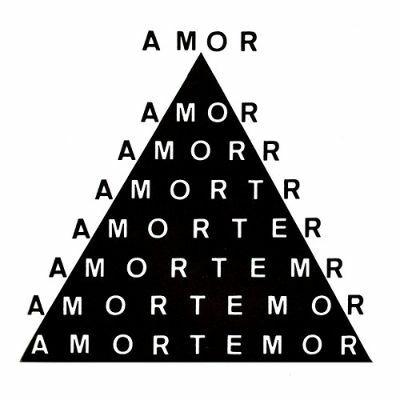At features of pre-modernism they evoke nationalism and regionalism through the spirit of artistic renewal that was developing at the time.
It is a transitional literary movement between symbolism and modernism that took place in Brazil at the beginning of the 20th century.
Pre-modernism emerged in the first two decades of the 20th century and lasted until 1922, when modernism began.
The country is part of the Belle Époque, that is, at a time of renewal, of scientific and technological factors caused by the French influence in large Brazilian cities, especially in Rio de January.
It is the moment of consolidation of the Republic in the country, from which many popular revolts emerged: the vaccine revolt (1904), the whip revolt (1910), the contested war (1912-1916), among others.
The Guitar Lesson
As usual, Policarpo Quaresma, better known as Major Quaresma, knocked at home at four-fifteen in the afternoon. This had been going on for over twenty years. Leaving the Arsenal de Guerra, where he was undersecretary, he would go around the pastry shops for some fruit, buy some cheese sometimes, and always bread from the French bakery.
He didn't spend even an hour on these steps, so at three-forty or so, he would take the tram, without a single minute's error, and step on the threshold of his house, in a street away from São Januário, at exactly four-fifteen, as if it were the apparition of a star, an eclipse, in short a mathematically determined phenomenon, predicted and predicted.
The neighborhood already knew his habits and so much that, in Captain Claudio's house, where it was customary dinner around four-thirty, as soon as they saw him pass by, the owner would shout to the maid: “Alice, look, they are hours; Major Quaresma has passed."
And it was like that every day for nearly thirty years. Living in his own house and having other incomes besides his salary, Major Quaresma could take a train of life superior to its bureaucratic resources, enjoying, on the part of the neighborhood, the consideration and respect of a man wealthy.
He received no one, lived in monastic isolation, although he was courteous to neighbors who thought he was weird and misanthropic. If he had no friends nearby, he had no enemies, and the only disaffection he had deserved was the Doctor's Segadas, a renowned clinician in the place, who couldn't admit that Quaresma had books: “If he didn't have a degree, for what? Pedantism!”


